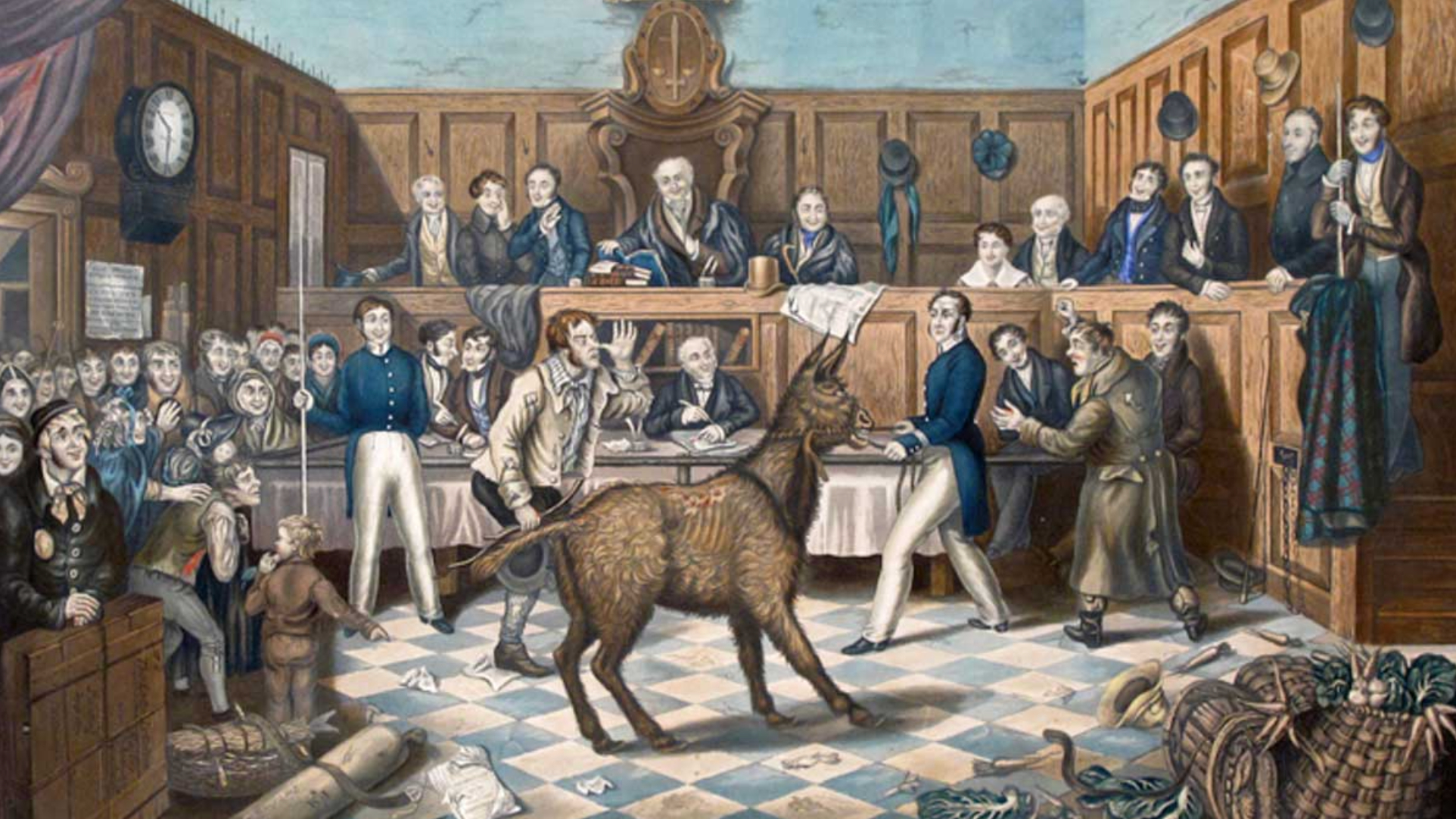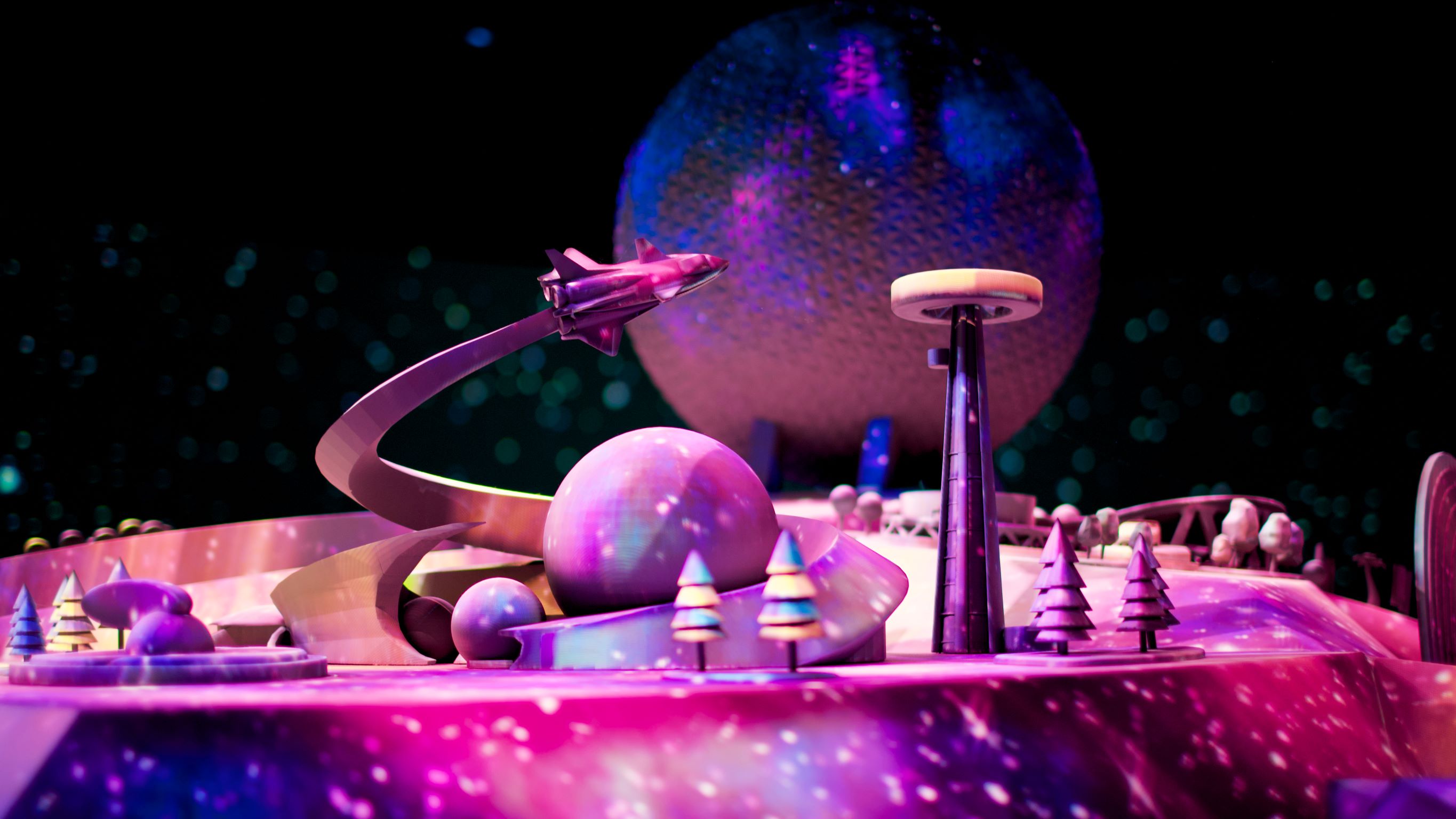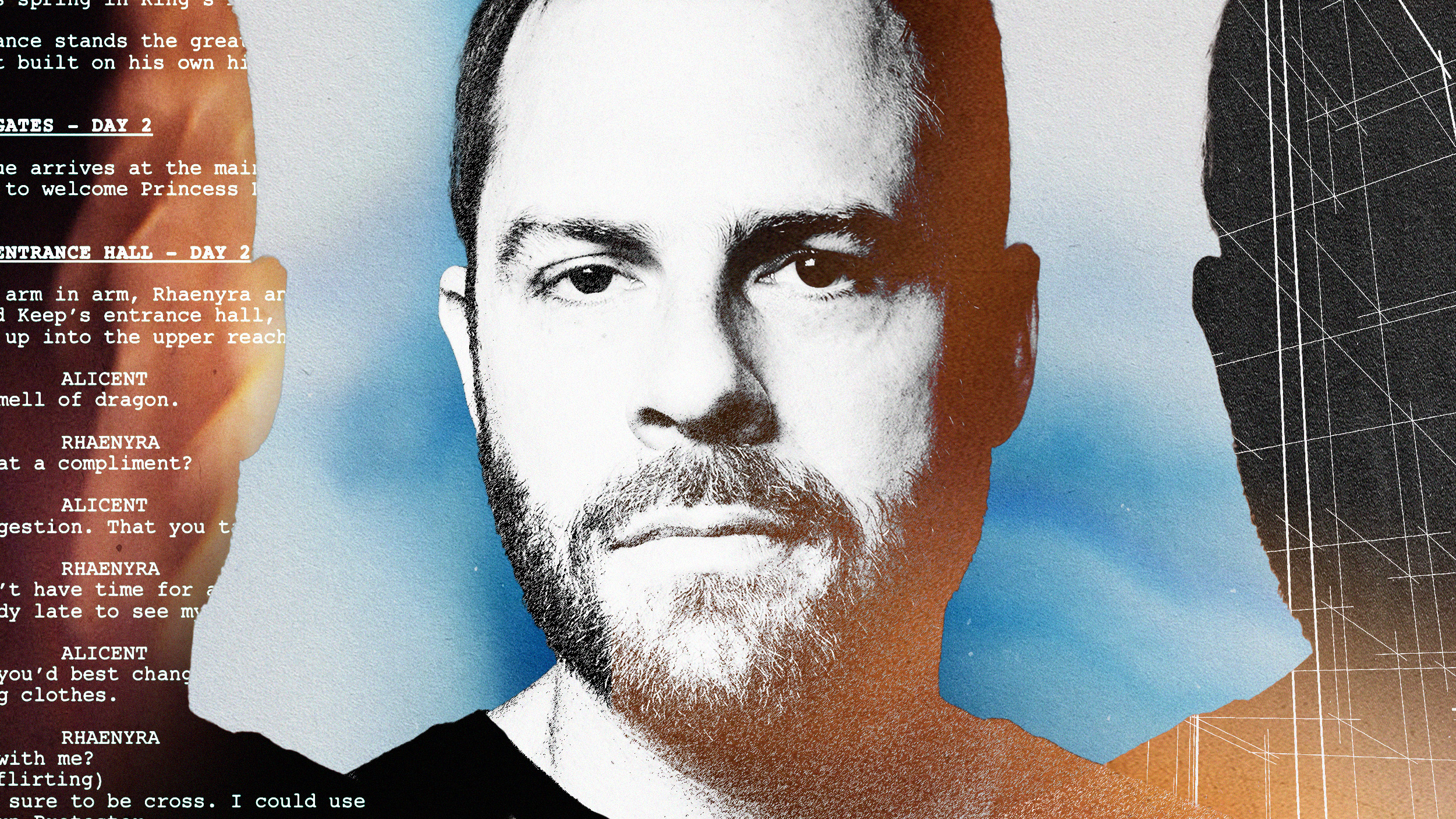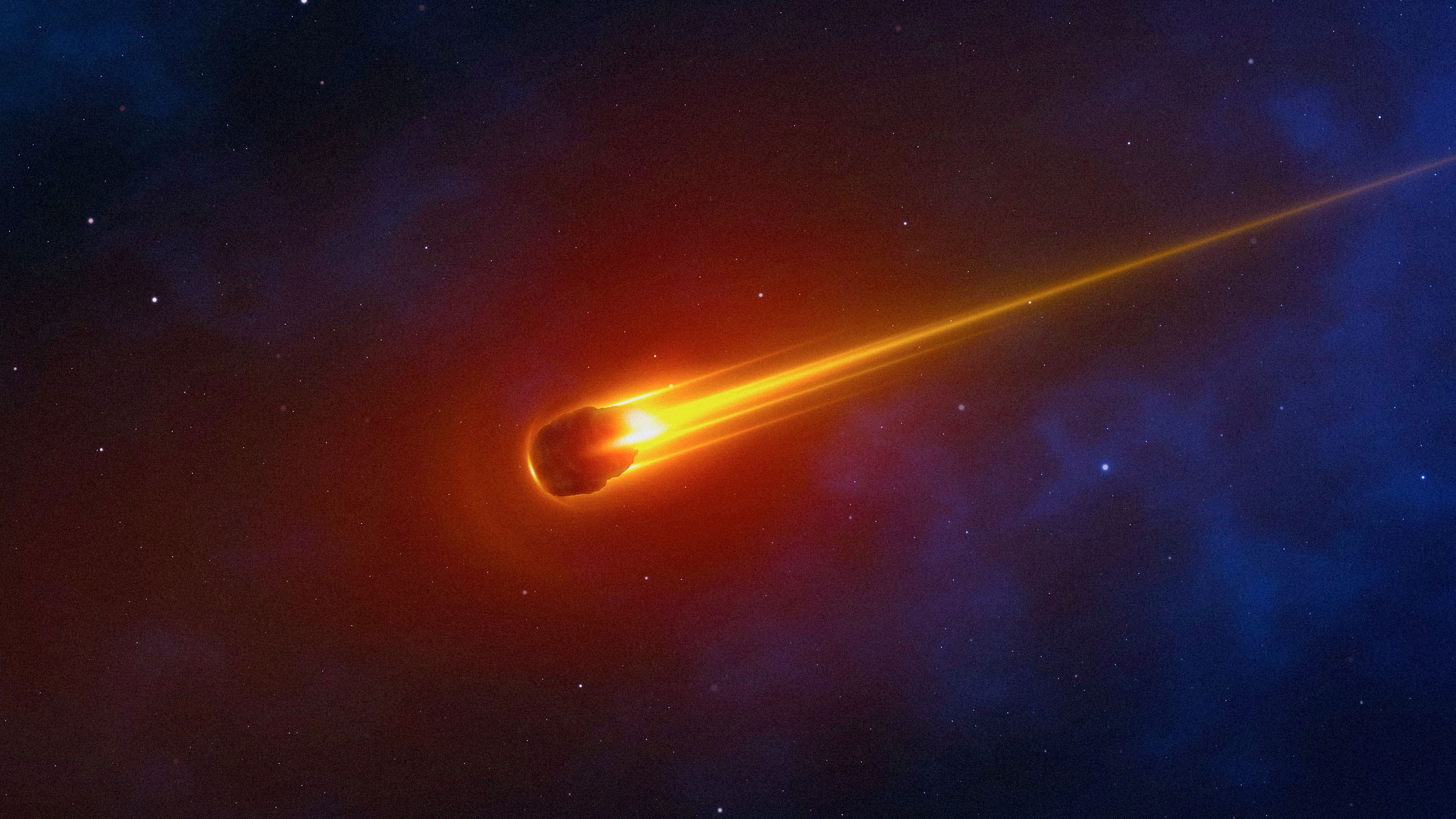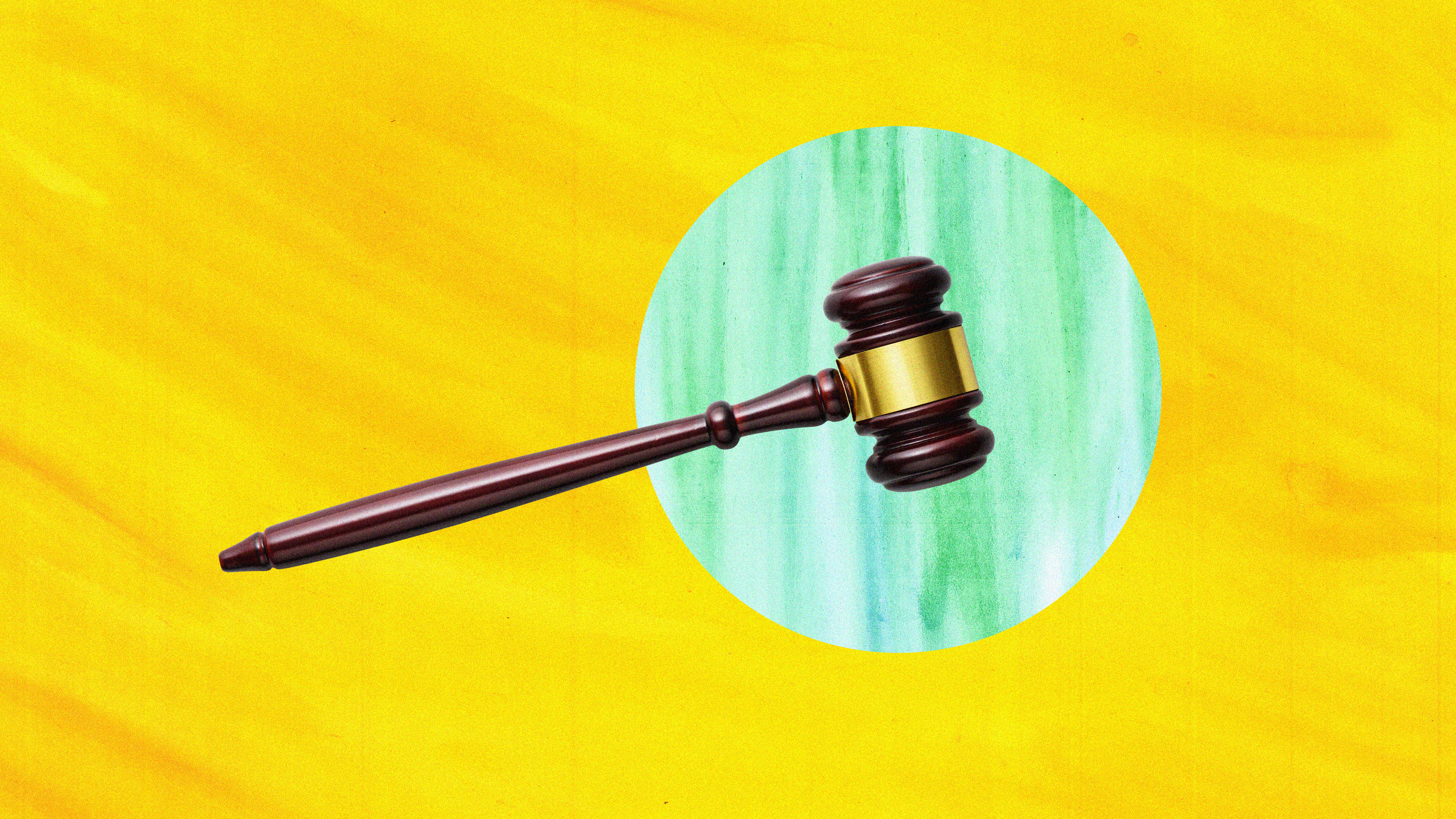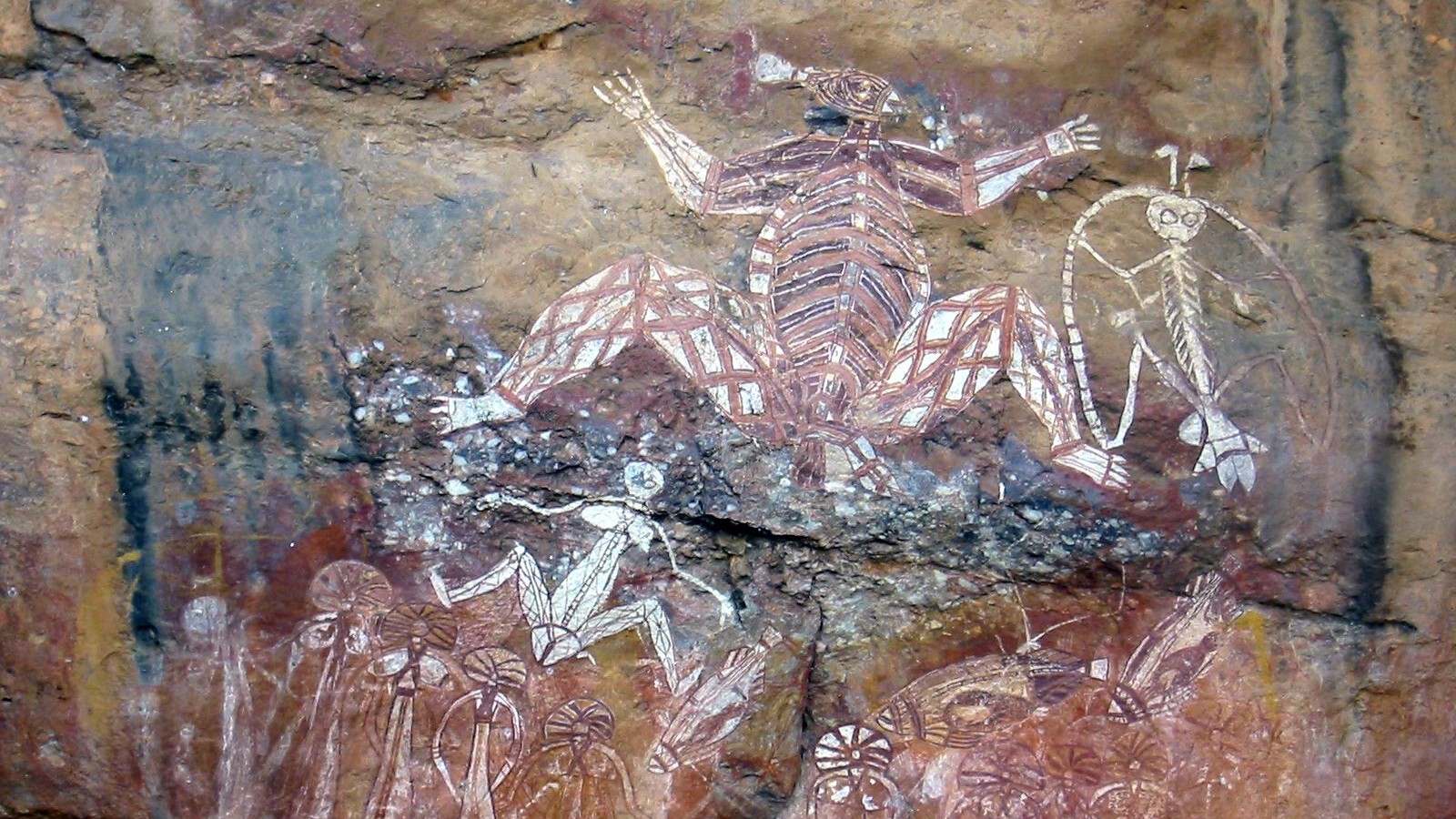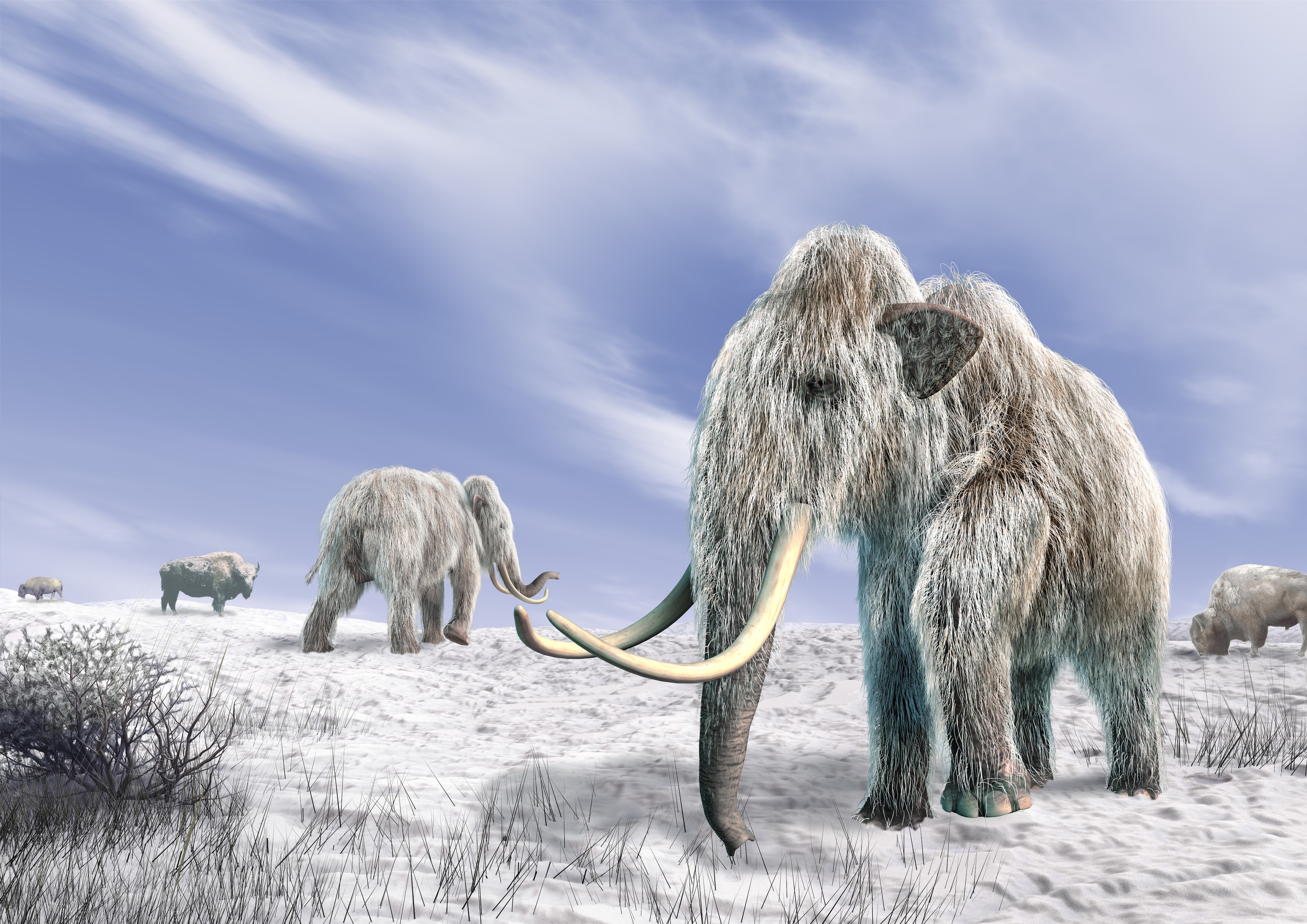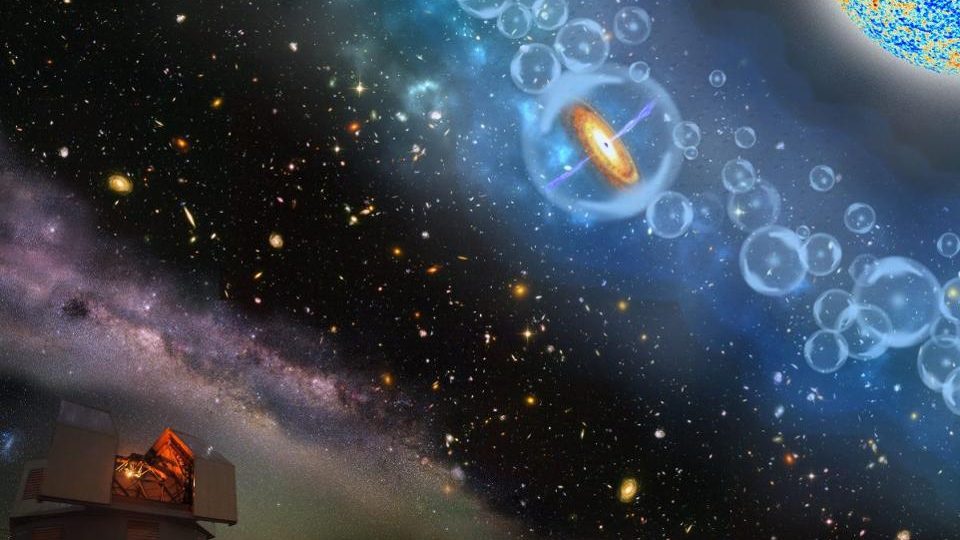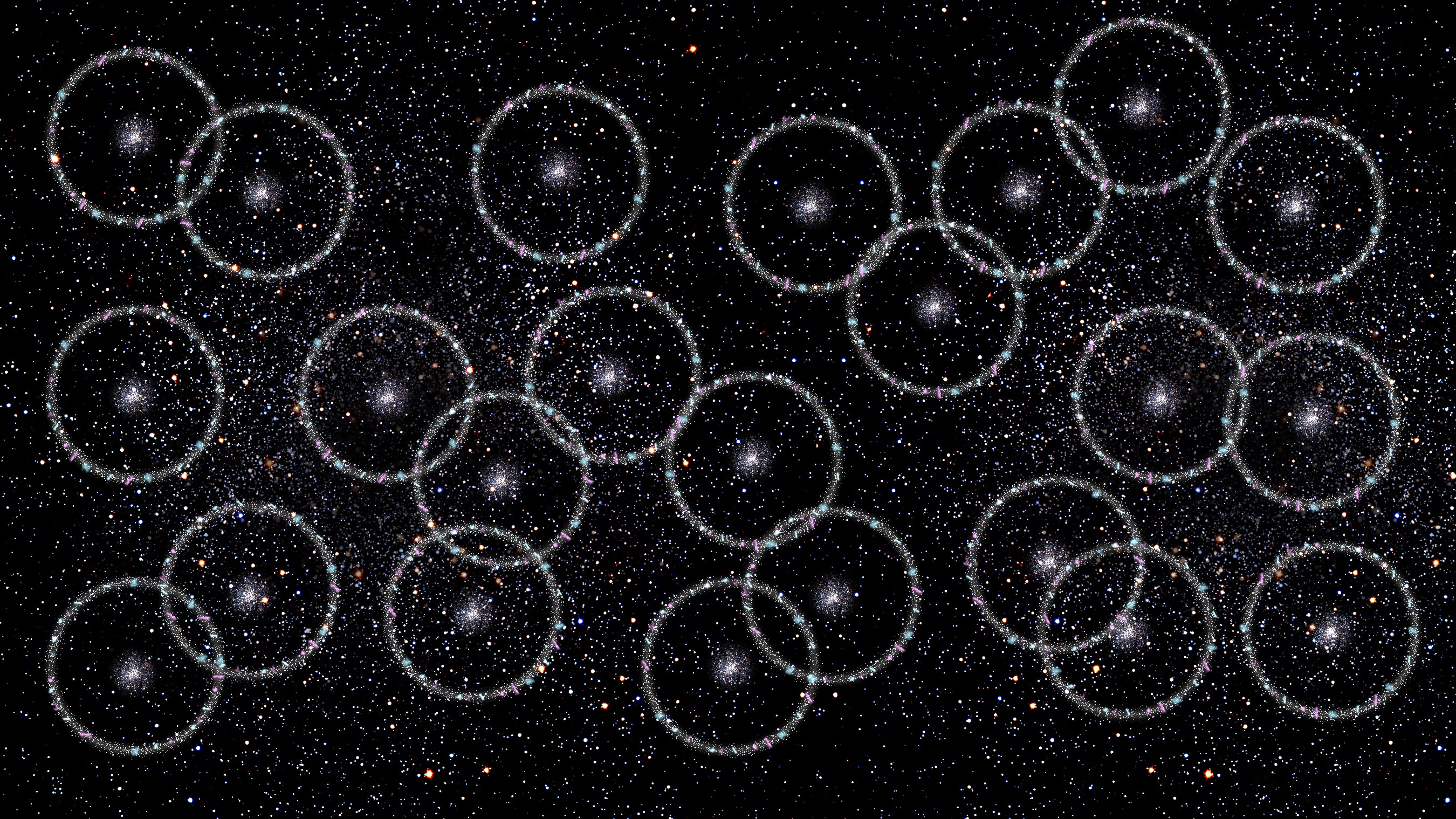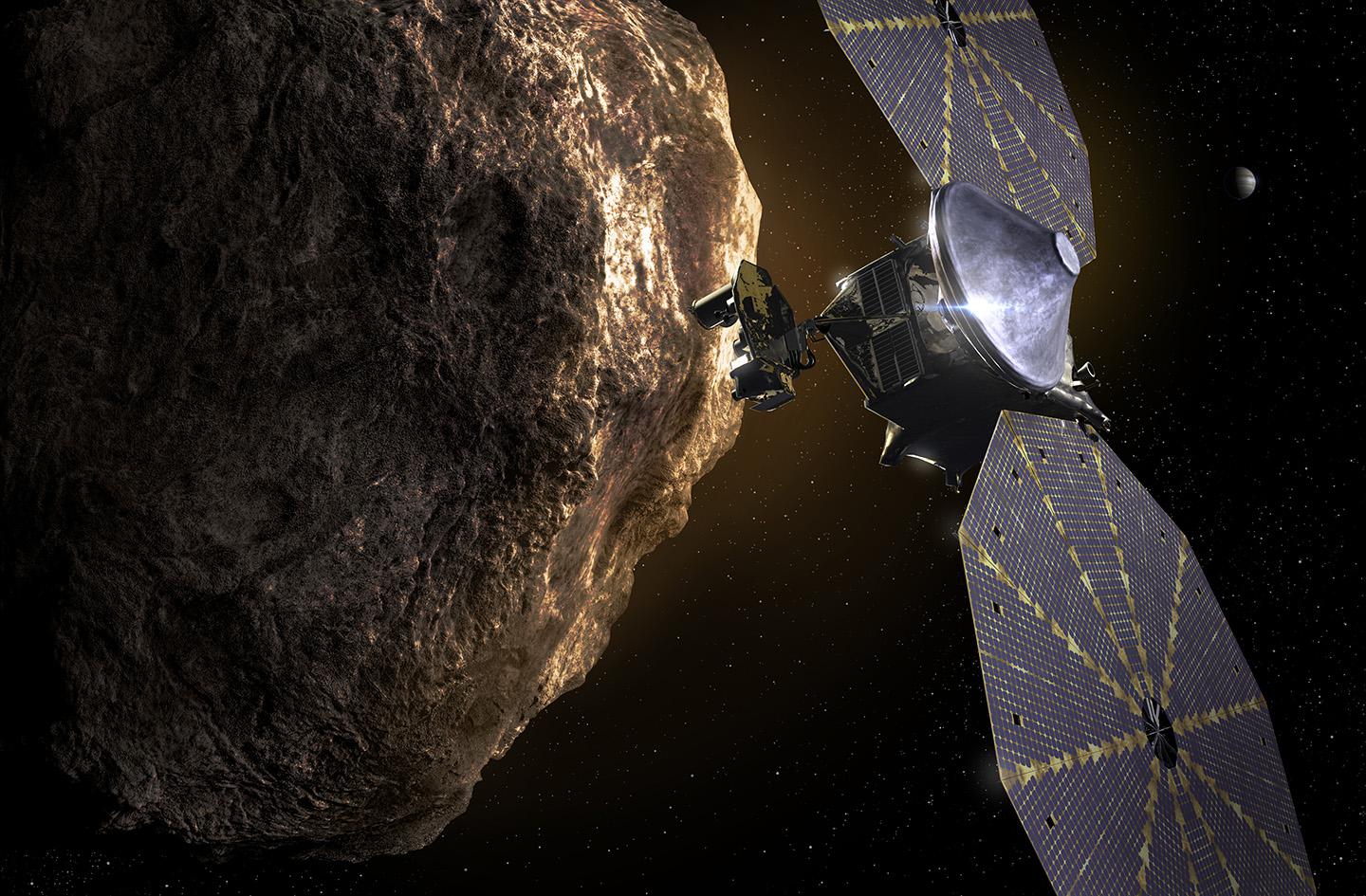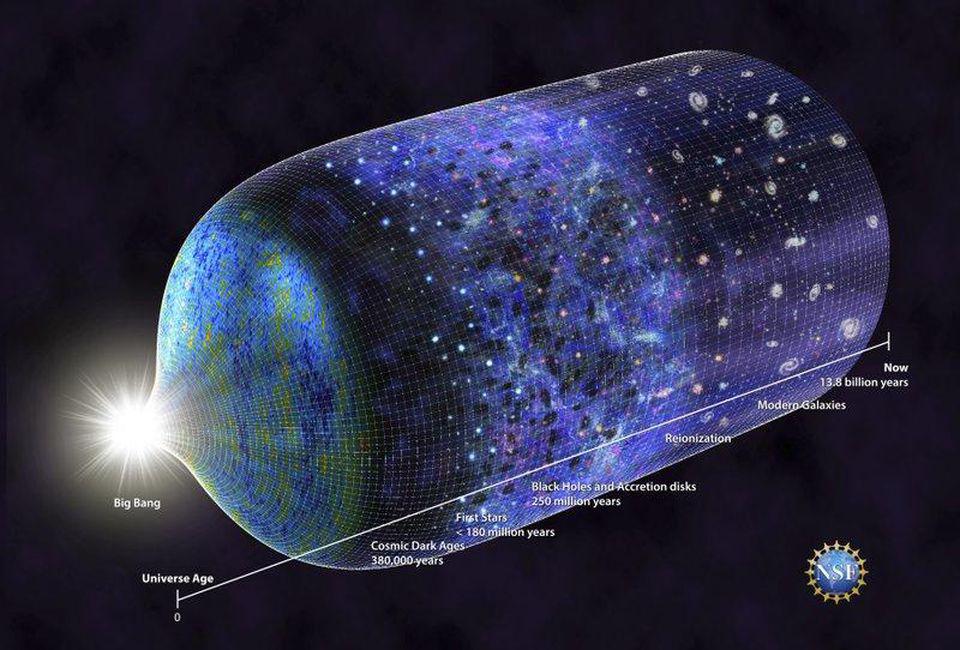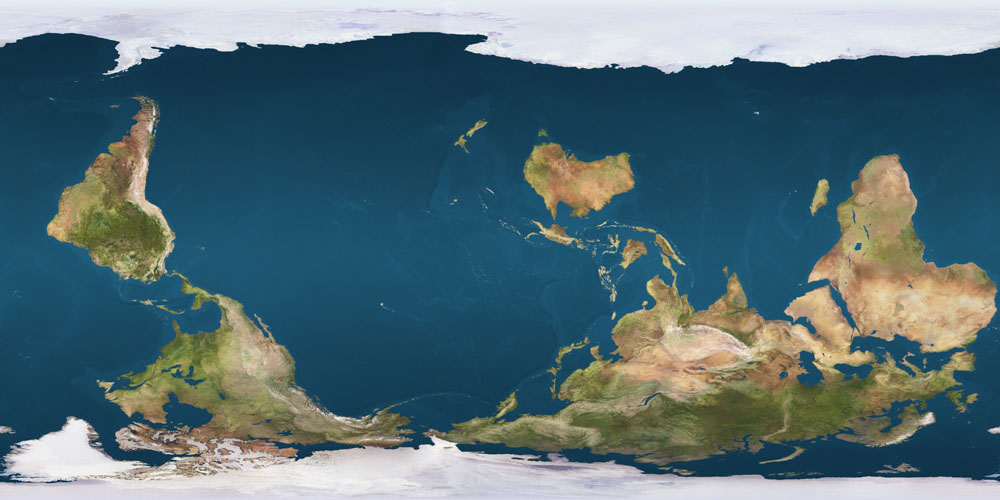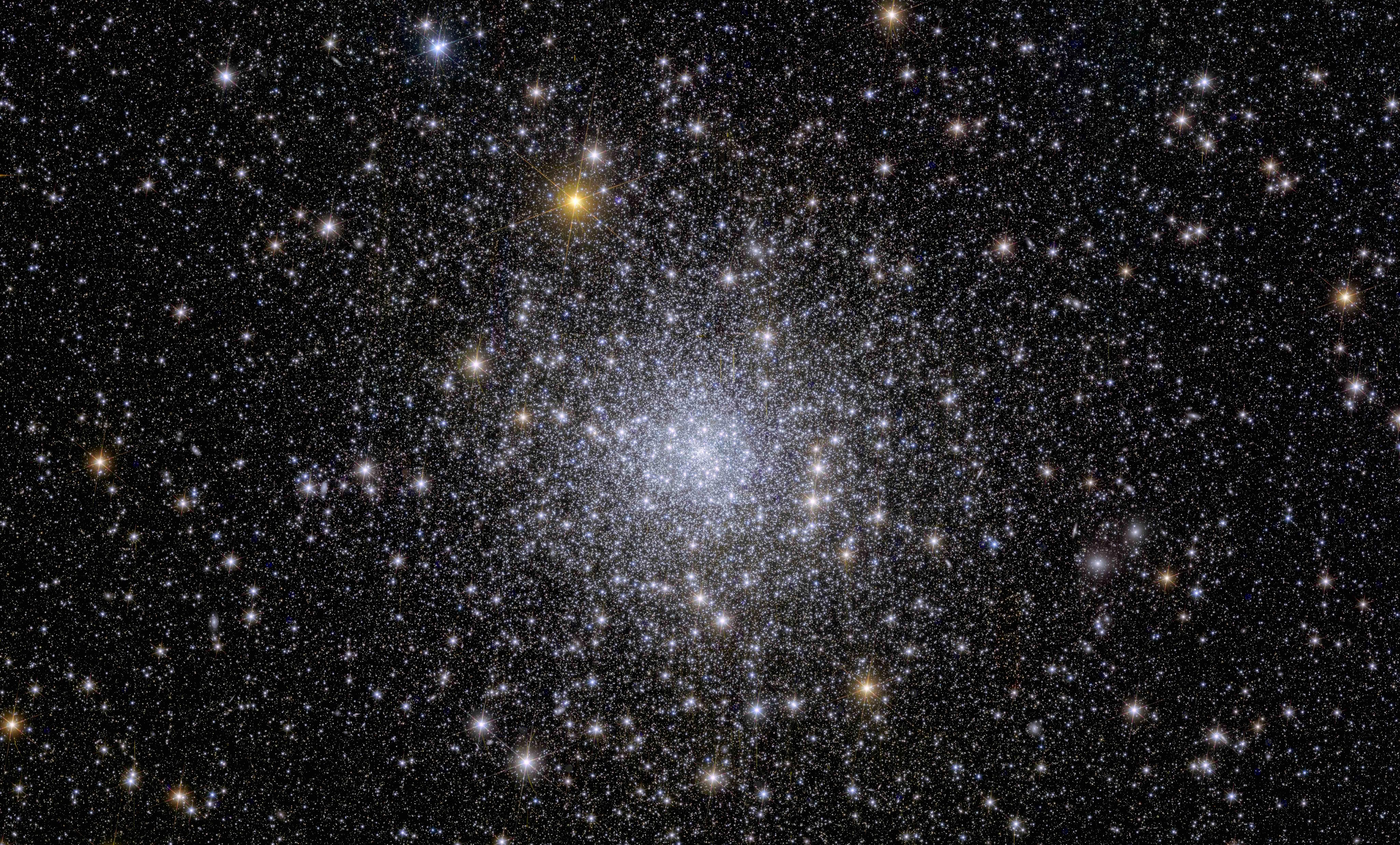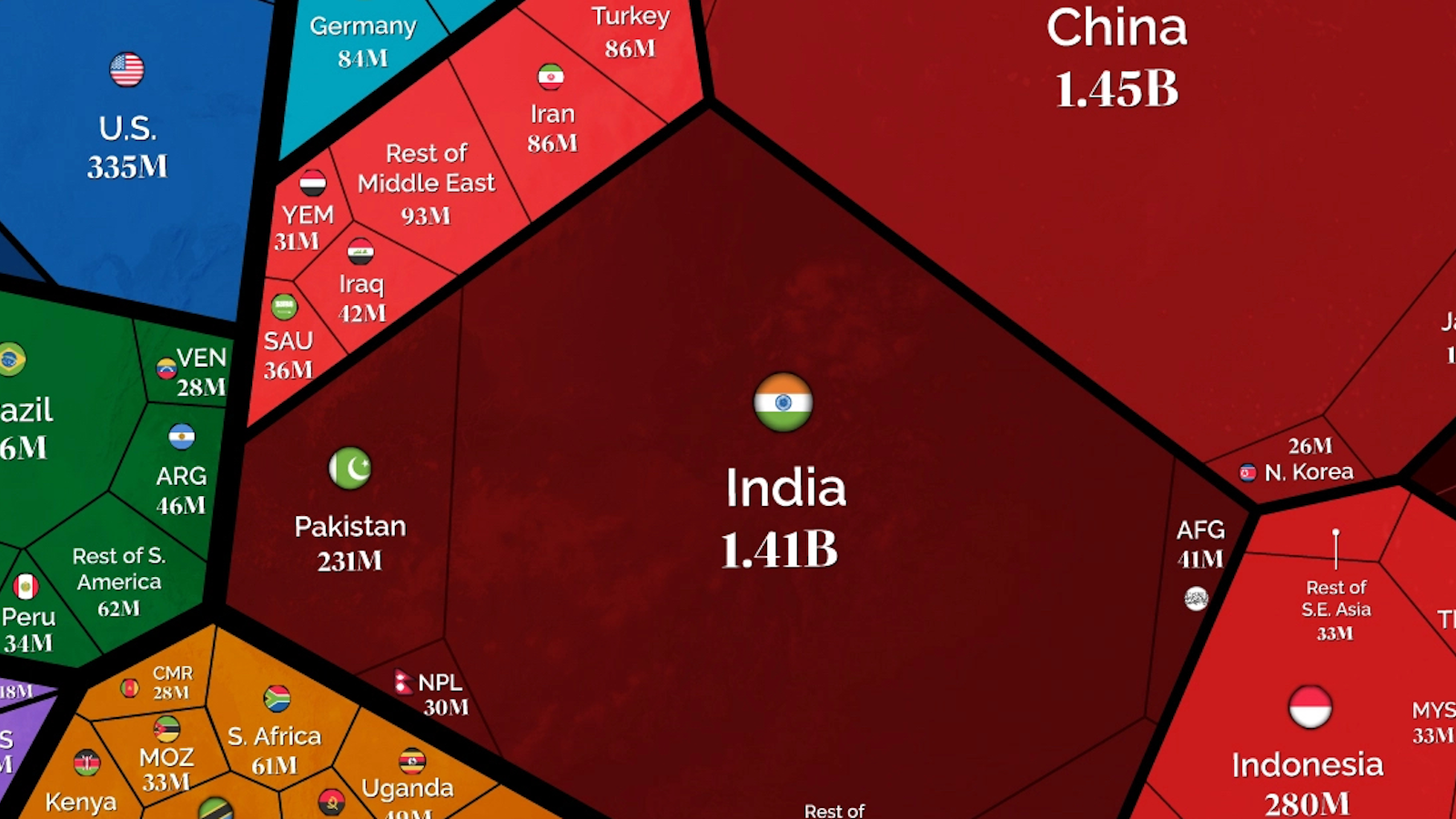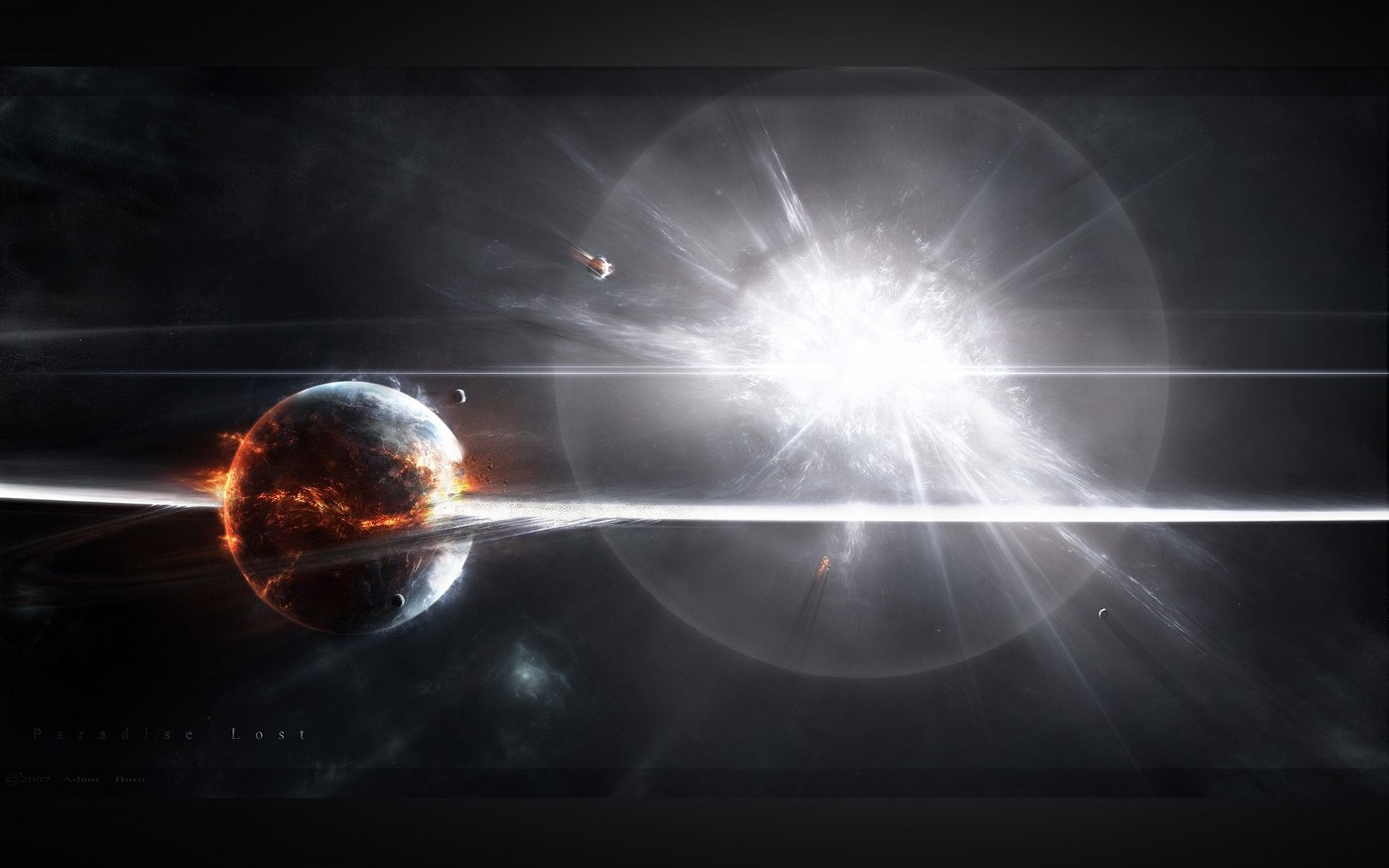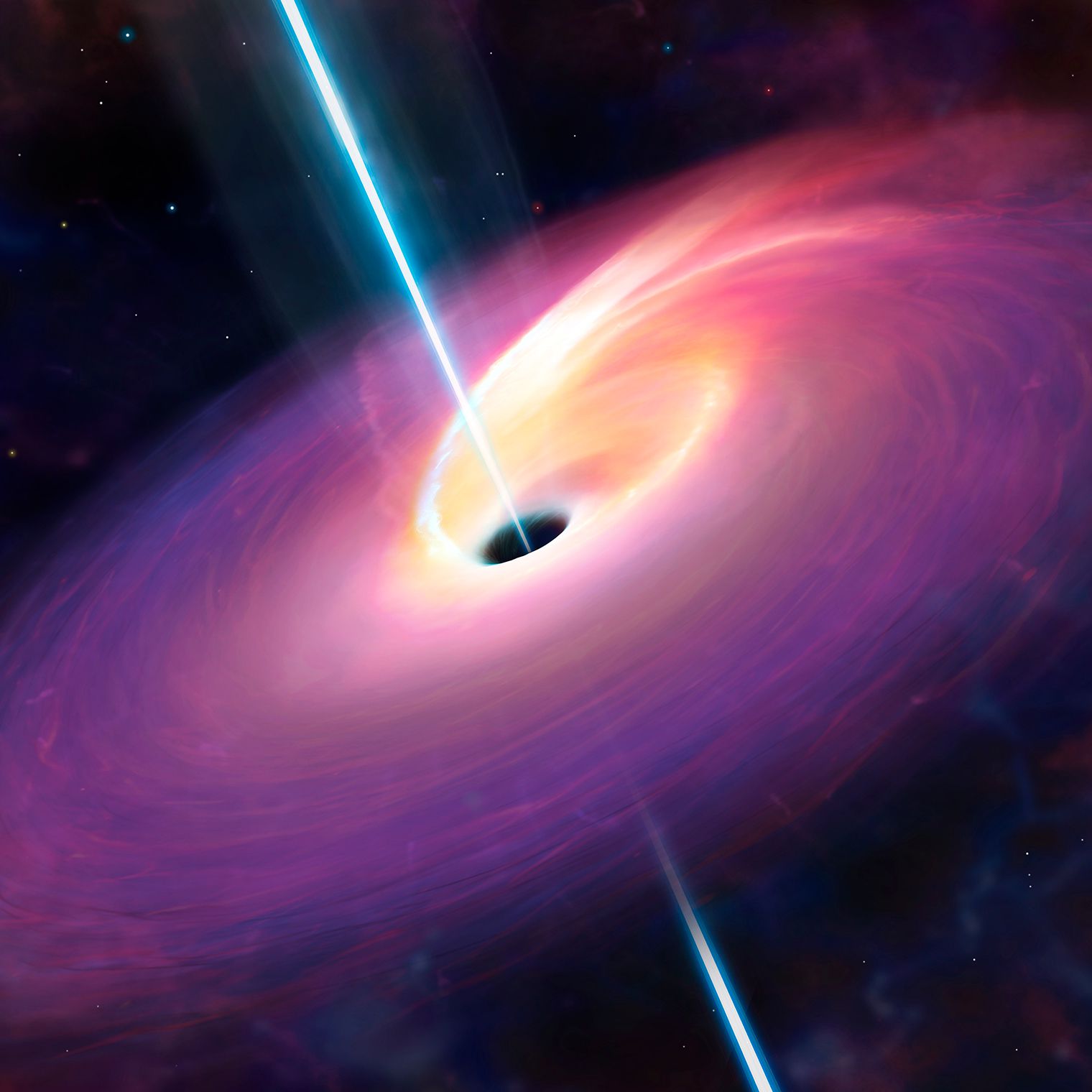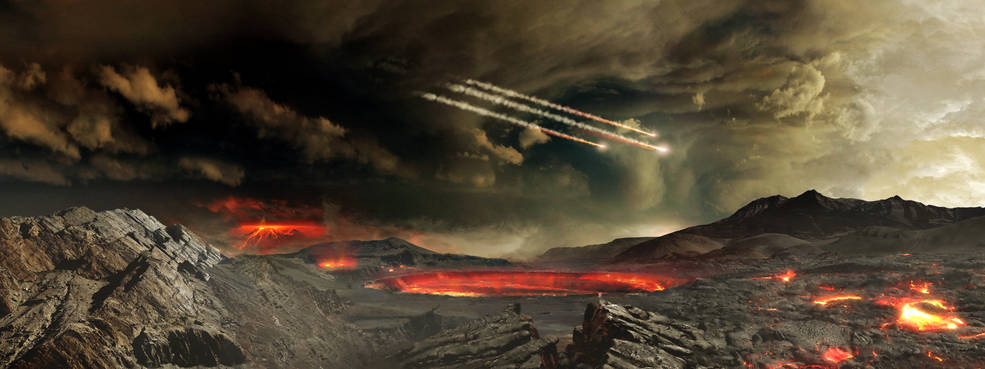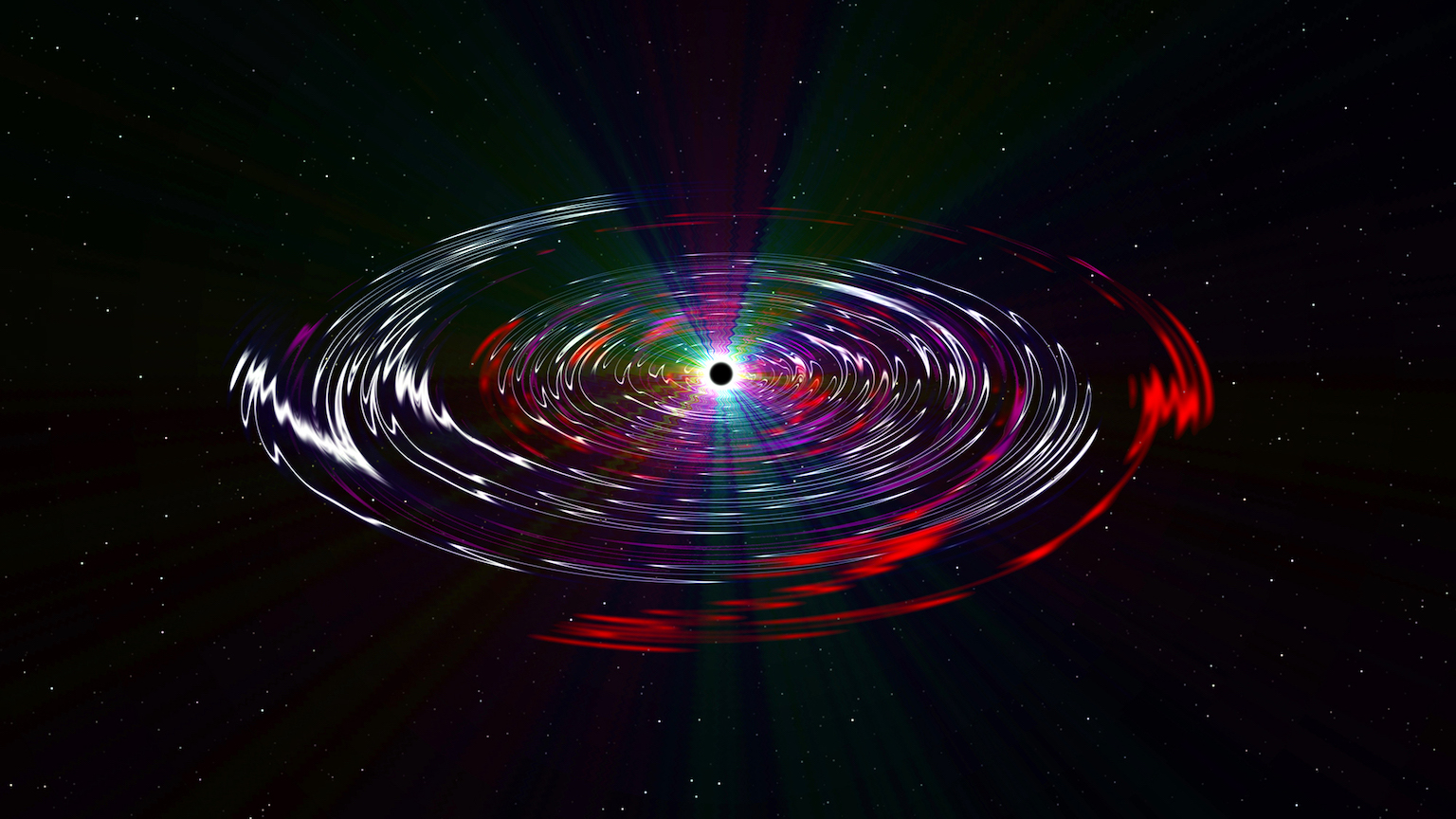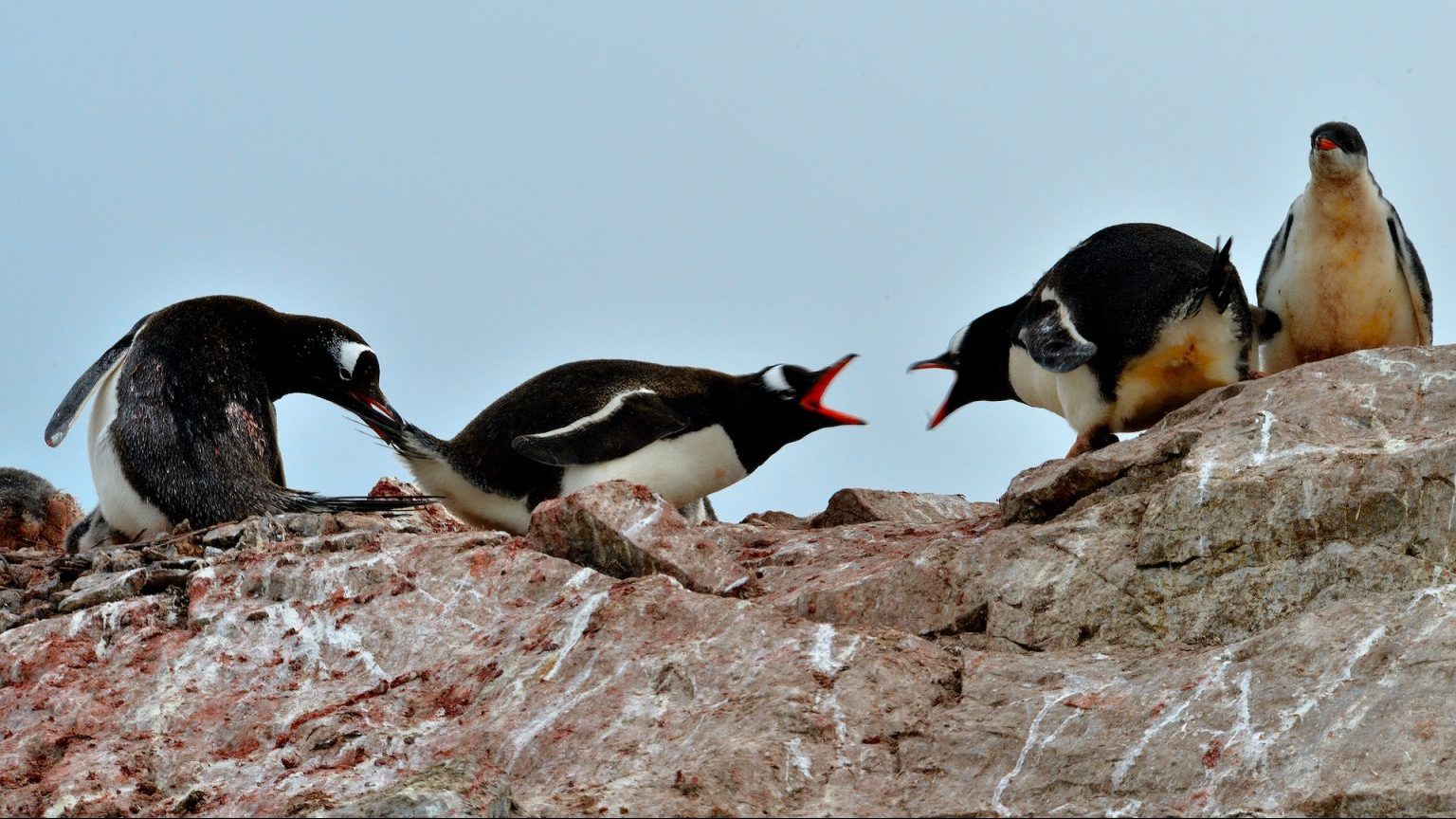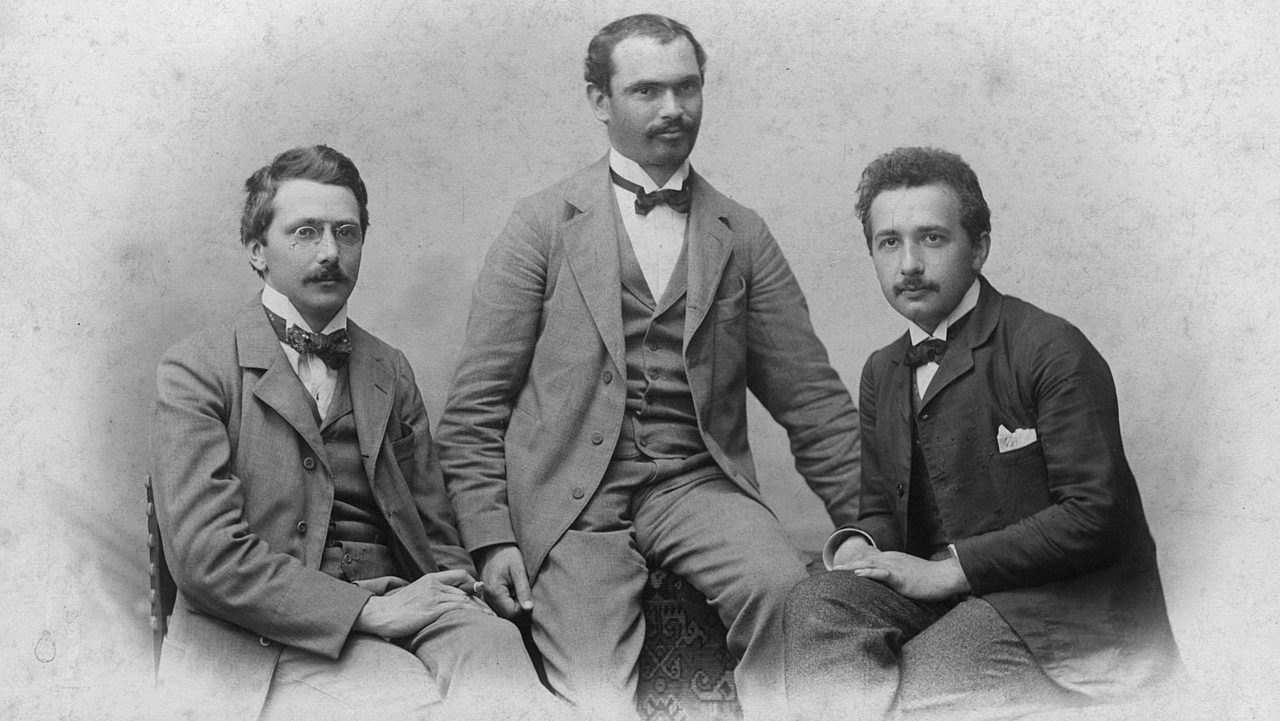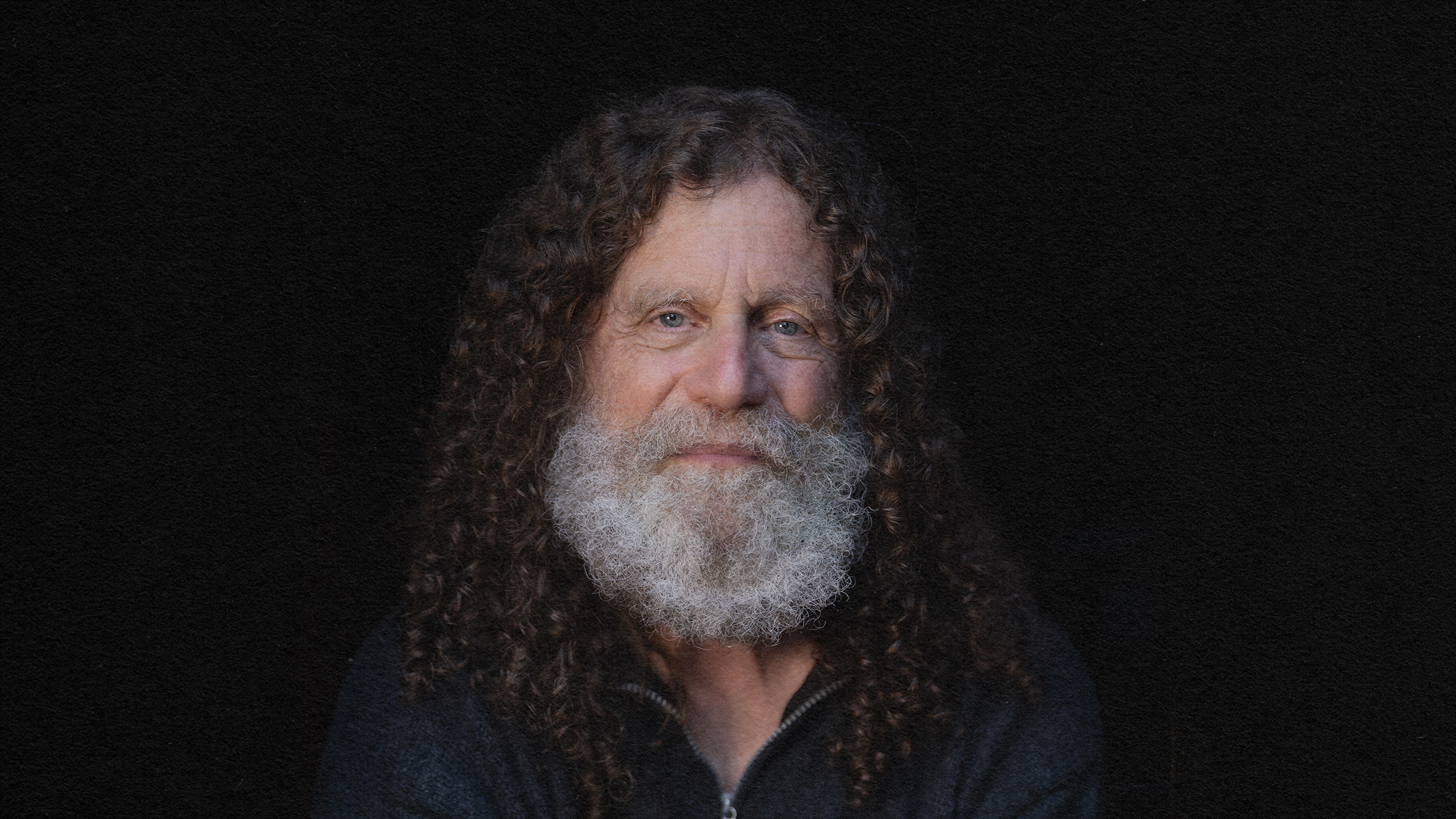A recent study offers new insights into the so-called marriage wage premium.
Search Results
You searched for: Imagin today
Pain makes sense from an evolutionary perspective. What’s puzzling is why so many of us choose to seek out painful experiences.
Some animals were even assigned their own lawyers.
In 1966, Disney announced his intention to build Epcot, an acronym for “Experimental Prototype Community of Tomorrow.”
Ryan Condal, who worked in pharmaceutical advertising before Hollywood, talks with Big Think about imposter syndrome, “precrastination,” and Westeros lore.
William Shatner is going to space because Jeff Bezos loves Star Trek.
This technological feat changes our cosmic history.
Memory, responsibility, and mental maturity have long been difficult to describe objectively, but neuroscientists are starting to detect patterns. Coming soon to a courtroom near you?
Large language models are an impressive advance in AI, but we are far away from achieving human-level capabilities.
The laws of physics obey certain symmetries and defy others. It’s theoretically tempting to add new ones, but reality doesn’t agree.
Rock art in northern Australia depicts marsupial lions, giant kangaroos, and other megafauna that populated the Land Down Under long ago.
Mammals have a history stretching back 325 million years. To study that ancient history is to know our own origins.
If our goal is to effect the greatest possible progress, what would it look like to approach this holistically? What might need to dispositionaly in how we approach solving our most important problems—at an individual level, a community level, or at a civilizational or global one? We asked our experts to think big picture about how what new thinking would be required to create a larger pro-progress framework.
If we were born trillions of years in the future, could we even figure out our cosmic history?
A spherical structure nearly one billion light-years wide has been spotted in the nearby Universe, dating all the way back to the Big Bang.
Known as primordial black holes, they could thoroughly change our Universe’s history. But the evidence is strongly against them.
Expressing gratitude encourages others to continue being generous, promoting a cycle of goodness.
NASA will use energy from Earth’s gravity to launch the Lucy spacecraft in October of this year.
If you want to understand the Universe, cosmologically, you just can’t do it without the Friedmann equation. With it, the cosmos is yours.
Is there any good reason for assigning North and South the way we do, or could we have just as easily done the reverse?
Sometimes, going “deeper” doesn’t reveal the answers you seek. By viewing more Universe with better precision, ESA’s Euclid mission shines.
How imagining the worst case scenario can help calm anxiety.
Humanity is poised to pass the 8 billion milestone mid-November, but population growth is actually slowing down.
Smashing things together at unprecedented energies sounds dangerous. But it’s nothing the Universe hasn’t already seen, and survived.
Black holes aren’t just the densest masses in the Universe, but they also spin the fastest of all massive objects. Here’s why it must be so.
Probably not. Even though we’re still investigating the origin of life, the evidence suggests that cells came much later.
It is time to give the Russian cosmologist the credit he deserves.
If you think everyone around you is terrible, the joke may be on you.
Even the most brilliant mind in history couldn’t have achieved all he did without significant help from the minds of others.
A volley of new insights reignites the debate over whether our choices are ever truly our own.


